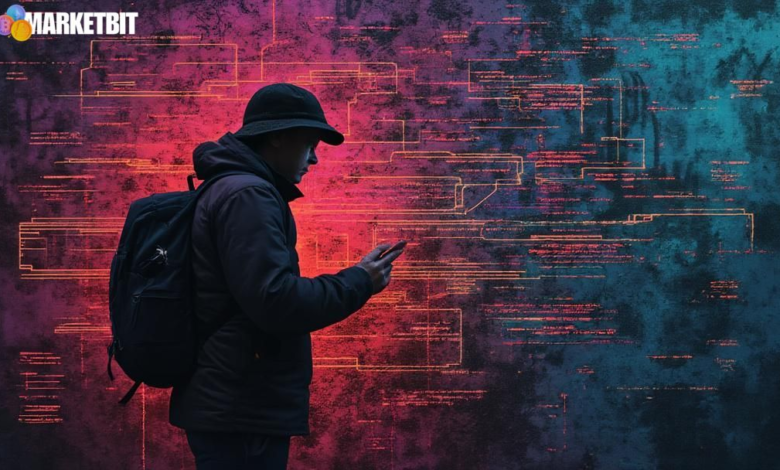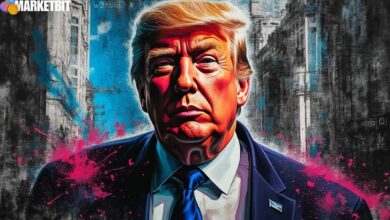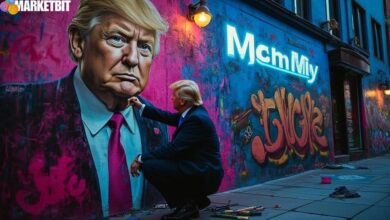Allegations Against Circle Amid Rising Stablecoin Concerns

- ZachXBT alleges Circle’s inaction on North Korean flows.
- FATF highlights stablecoin risks in illicit activities.
- USDC faces regulatory scrutiny over potential compliance issues.
ZachXBT’s allegations against Circle highlight potential gaps in oversight amid rising concerns about stablecoins in global illicit activities. Regulatory scrutiny on USDC grows, underscored by the FATF’s recent warnings.
Allegations Against Circle
ZachXBT, a well-known on-chain investigator, has accused Circle of enabling North Korean IT operatives’ illicit transactions. He claims Circle neglects to monitor or freeze these activities despite its regulatory compliance claims.
Regulatory Scrutiny and FATF’s Warning
Circle and its executives have yet to publicly address these accusations, adding tension to the situation. The FATF warns that stablecoins like USDC now play a significant role in global financial crimes, including those involving state actors.
ZachXBT said, “Circle’s USDC is primary infrastructure for North Korean IT worker funds. Despite their compliance marketing, they do nothing to freeze funds. I traced high eight figures in recent months. It’s a crime supercycle and no one cares.”
Illicit Use of USDC and Compliance Challenges
According to ZachXBT, North Korean operatives have utilized tens of millions of dollars in USDC for illicit cross-border payments. This scenario raises compliance challenges for Circle and its related exchanges, increasing regulatory scrutiny.
The FATF press release underscores the risks associated with stablecoin adoption in illicit financial activities. The focus on USDC reflects a change in how illicit networks operate, creating potential risks for compliance teams and regulated entities.
The Shift Toward Stablecoins in Illicit Activities
ZachXBT’s findings indicate a shift toward stablecoins in illegal activities, with significant implications for financial institutions. USDC now faces potential scrutiny, reminiscent of past regulatory actions against cryptocurrencies like BTC and ETH.
As regulatory frameworks adapt, financial and technological adjustments may occur. Compliance entities could face more stringent regulations, while Circle might need to enhance efforts to prevent USDC’s involvement in illicit activities, paralleling earlier enforcement on other cryptocurrencies.




